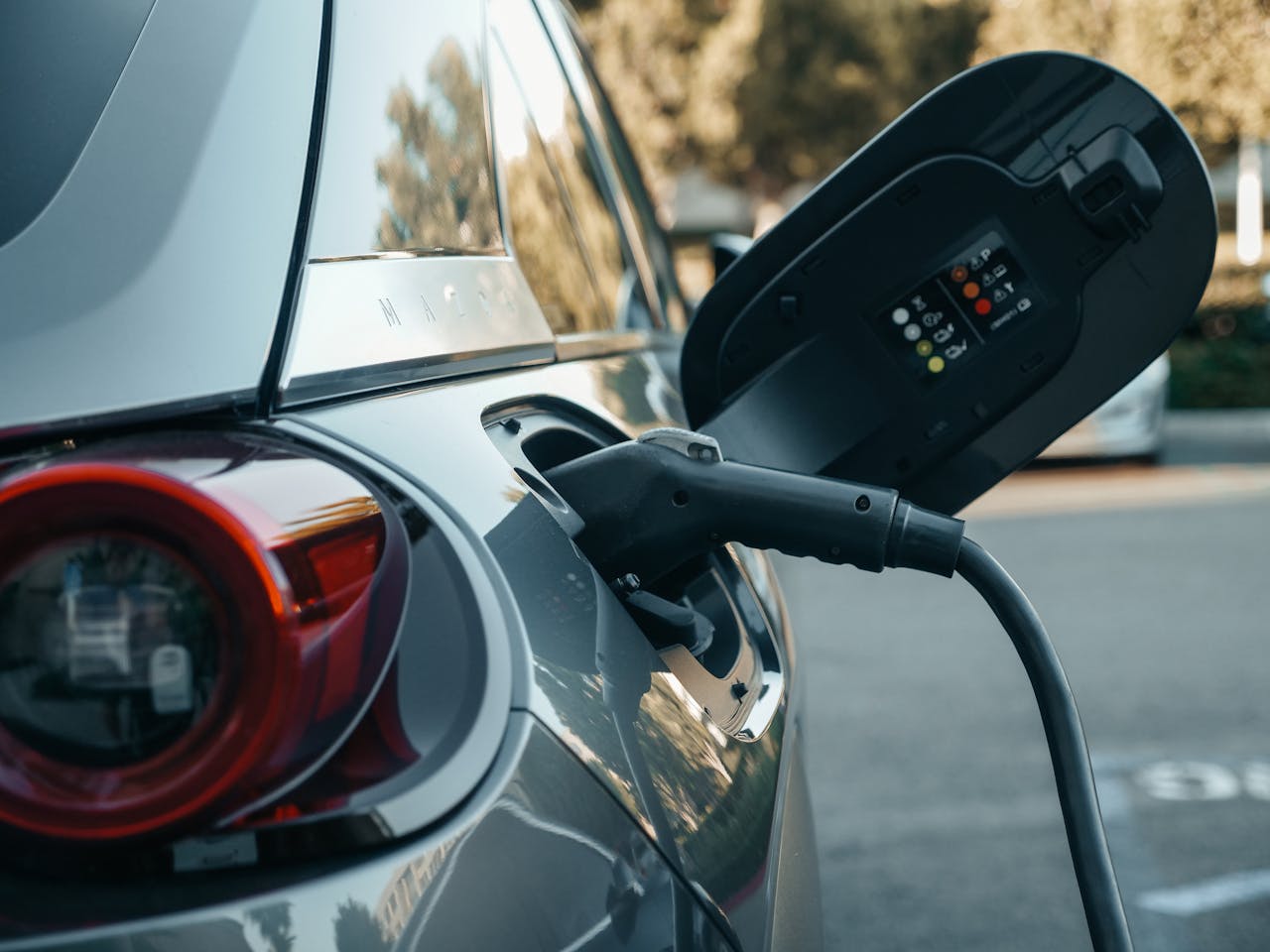
The electric vehicle (EV) market is booming, but not every EV owner is enjoying a smooth ride when it comes to maintenance. More drivers are facing an unexpected challenge: finding a mechanic willing to service their car. This issue is especially acute with some lesser-known or new EV brands. For many, it’s frustrating and confusing. Why would a trained professional turn away business? The answer is more complicated than you might think. Understanding why mechanics are refusing to work on certain EV brands can help you make better decisions as an EV owner or future buyer.
1. Lack of Training and Certification
One major reason mechanics refuse to work on certain EV brands is the lack of specialized training. Electric vehicles operate very differently from traditional gas-powered cars. They require knowledge of high-voltage systems, complex software, and brand-specific components. Many independent shops simply don’t have the resources or time to get certified in every new brand that hits the market. Training can be expensive, and not all brands offer accessible programs for third-party shops. As a result, mechanics often stick to brands they know and feel comfortable servicing, leaving some EV owners with limited options.
2. Proprietary Parts and Tools
Some EV brands use proprietary parts and diagnostic tools that are not available to independent shops. This makes repairs and even basic maintenance much harder. If a mechanic can’t access the right tools or replacement parts, they risk causing damage or voiding the car’s warranty. Brands that restrict access to repair information or require expensive, brand-specific equipment create a big barrier for local shops. Mechanics don’t want to take on jobs they can’t complete safely or profitably, so they turn away these vehicles.
3. Warranty and Liability Concerns
Working on an EV brand without full knowledge or access to the right tools can carry significant liability risks. If something goes wrong, the mechanic could be held responsible for costly damages. Some EV warranties are very strict about who can perform repairs or maintenance. If an unauthorized shop does the work, the warranty may be voided entirely. Many mechanics would rather avoid the potential legal and financial consequences than risk working on unfamiliar EV brands. This is especially true for newer or less common brands, where warranty terms may be even more restrictive.
4. Rapidly Evolving Technology
The technology inside electric vehicles is changing at a breakneck pace. New software updates, battery designs, and safety features appear almost every year. Mechanics are used to continuous learning, but the speed of change in the EV world is something else. Staying up-to-date with every EV brand is nearly impossible for smaller shops. Some brands also roll out updates that only their own certified service centers can handle. This constant evolution makes it hard for independent mechanics to keep up, so they focus on brands with stable, accessible technology.
5. Limited Support from Certain Brands
Not all EV brands invest in building a strong support network for independent mechanics. Some focus on their own service centers and leave local shops out of the loop. If a mechanic encounters a problem they can’t solve, and the brand doesn’t offer technical support, the repair can quickly become a nightmare. Brands that are slow to answer questions or provide manuals create frustration for even the most experienced professionals. This lack of support is a big reason why mechanics are refusing to work on certain EV brands.
6. Low Demand for Specific EV Brands
Some EV brands just aren’t common enough in certain areas to justify the investment in training, tools, or parts. If a shop only sees one or two cars from a niche EV brand each year, it’s hard to make the numbers work. Mechanics need to focus on vehicles they see frequently to stay profitable. This creates a cycle: fewer shops work on rare EV brands, making it harder for those owners to find service, which in turn keeps demand low for that brand in the local area.
What EV Owners Can Do
If you’re considering buying an electric vehicle, it’s smart to research the service landscape first. Look for brands with a solid reputation for supporting independent mechanics and providing open access to parts and information.
For current owners, building a relationship with a local shop that services your EV brand is key. Some mechanics are eager to expand their skills and may be willing to invest in training if there’s enough demand. Joining owner forums or local EV groups can also help you find recommended mechanics and share experiences. If you own a rare brand, consider whether traveling to a certified service center is worth it or if you want to stick with more mainstream brands for easier maintenance.
The bottom line is that the EV repair landscape is still evolving. As electric vehicles become more common, more mechanics will gain the skills and tools needed to work on a wider range of brands. For now, understanding why mechanics are refusing to work on certain EV brands can help you avoid headaches and keep your vehicle running smoothly.
Have you had trouble finding a mechanic for your EV? Share your experience in the comments below!
What to Read Next…
Why Some Mechanics Won’t Work on Teslas Even If You Beg Them
9 Car Brands That Quietly Lost Consumer Trust in the Last 5 Years
The post Why Are Mechanics Refusing to Work on Certain EV Brands? appeared first on Clever Dude Personal Finance & Money.







